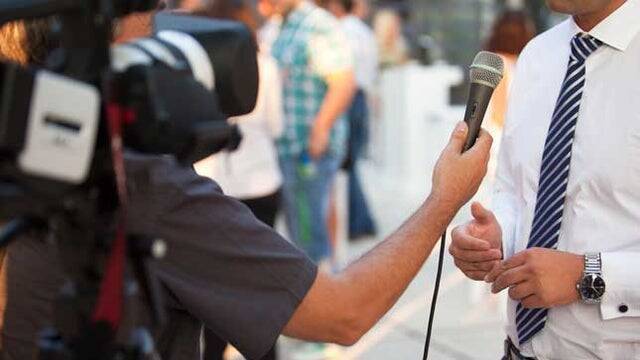

The use of investigative agencies to silence the media is a symptom of authoritarian tendencies. Not all administrators are ready to do it. However, of late, there have been frequent incidents of investigative agencies seizing media workers' phones, computers and cameras and not returning them. Often the media that criticizes the ruling party are the ones who are subjected to raids and inspections by investigative agencies.
Among the media itself, there are those who follow different policies. They usually watch and report events according to their own media policy. It is within the media's freedom to report according to their own policy as long as they do not report false facts from imagination as news. However, some media violate the norms to be followed even in criticism and go on to criticize some leaders in a provocative manner. This leads to conflicts between the authorities and the media and often leads to the intervention of investigative agencies, seizure of equipment, etc.
Meanwhile, very rarely some media workers have been caught in connection with some banned organizations. It must be assumed that it has affected the media sector just like other sectors. Only a very small minority are moving towards such deviations. Majority of the media workers are engaged in the profession for a living. In that case, it is not justifiable to hound them for criticizing the authorities. The Supreme Court has asked the central government to make better guidelines to prevent arbitrary actions and abuse of power by the investigating agencies. The bench chaired by Justice SK Kaul said that if the Centre does not make the guidelines, the Supreme Court can take the initiative and do it.
The Supreme Court was considering a petition filed by the Foundation for Media Professionals seeking guidelines to prevent arbitrary actions by investigative agencies against those in the media. The case has been adjourned to December 6. But in the meantime, the senior lawyers informed the Supreme Court of many information on behalf of the petitioners. Digital devices of hundreds of journalists have been seized. No one can guarantee when or what will be seized, or what will happen to the personal information contained in the devices. There are no guidelines for this.
Such devices can also contain health, personal and financial information of individuals. The lawyers informed that the investigating agencies were even asking for biometric information. The central government has put forward the argument that journalists are not above the law. No one here has claimed or said that journalists are above the law. It would be better for the Supreme Court to lay down the guidelines for providing protection to the journalists instead of the central government which filed the case against the journalists.